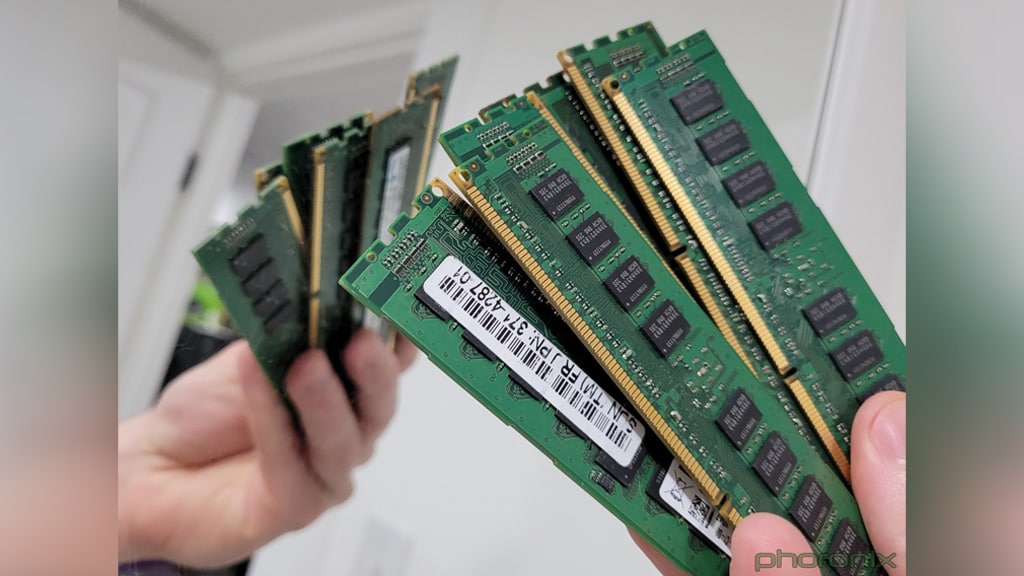Technology
Huawei added UEFI mirror memory function support to Linux AArch 64

Linux Kernel is the main component of the Linux operating system as well as the core interface between a system’s hardware and its processes. Since 2015, the Linux kernel has supported UEFI mirrored memory functionality of x86/x86-64.
In the latest edition, Huawei engineers developed and added the UEFI mirror memory function Linux AArch 64. Recently, Huawei engineer Wupeng Ma released the latest patches working on this UEFI mirror memory support for Linux AArch64 hardware.
UEFI:
The UEFI allows setting up address range-based partial memory mirroring that has been going around all the way back to the UEFI 2.5 spec. This UEFI memory mirroring can be used for redundancy and reliability purposes on the servers.

More information:
Following the platform settings, the servers can normally provide a full mirror up to 50% (reserved for mirroring) or partial mirroring usually 10~20%, if it is below or above 4GB or even be left up to the OS for determining the memory address ranges for mirroring.
However, AArch64 hardware meeting the UEFI spec can support it too, but the Linux kernel support on AArch64/ARM64 hadn’t been set up until now.
Linux Kernel:
Linux kernel is a free, open-source, monolithic, modular, and Unix-like operating system kernel. The main component of the Linux operating system (OS) is Kernel and is the core interface between the computer’s hardware and its processes.
The Linux kernel is used by Linux distributions alongside GNU tools and libraries. This combination is sometimes referred to as GNU/Linux. For your information, the Popular Linux distributions platform are Ubuntu, Fedora, and Arch Linux.
(Via: Phoronix)






